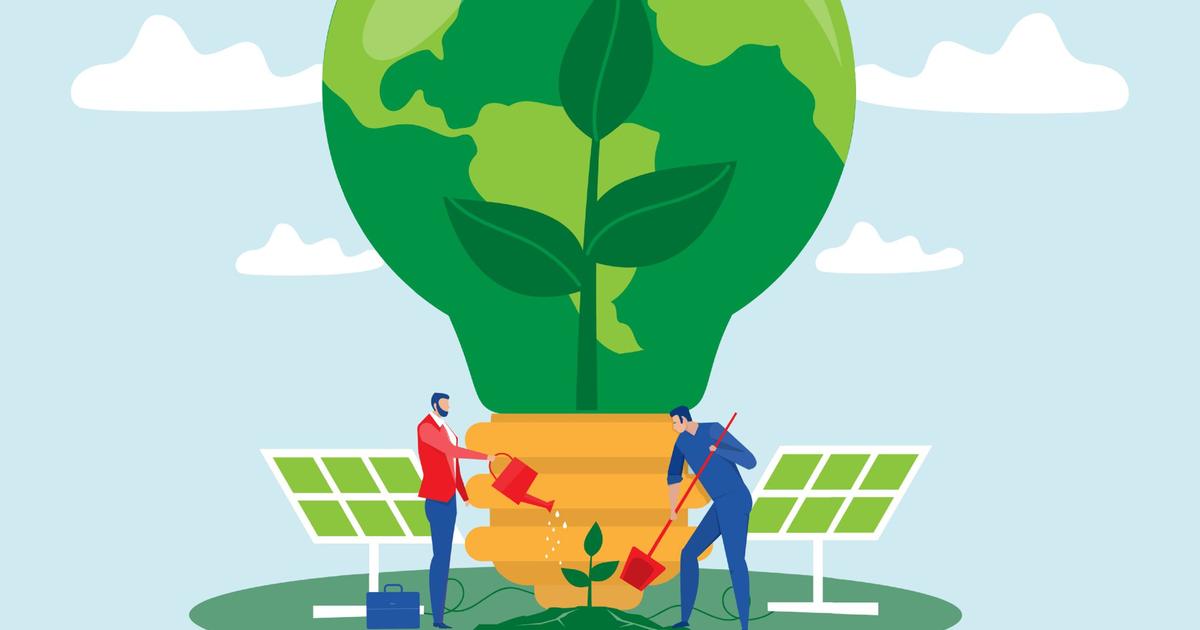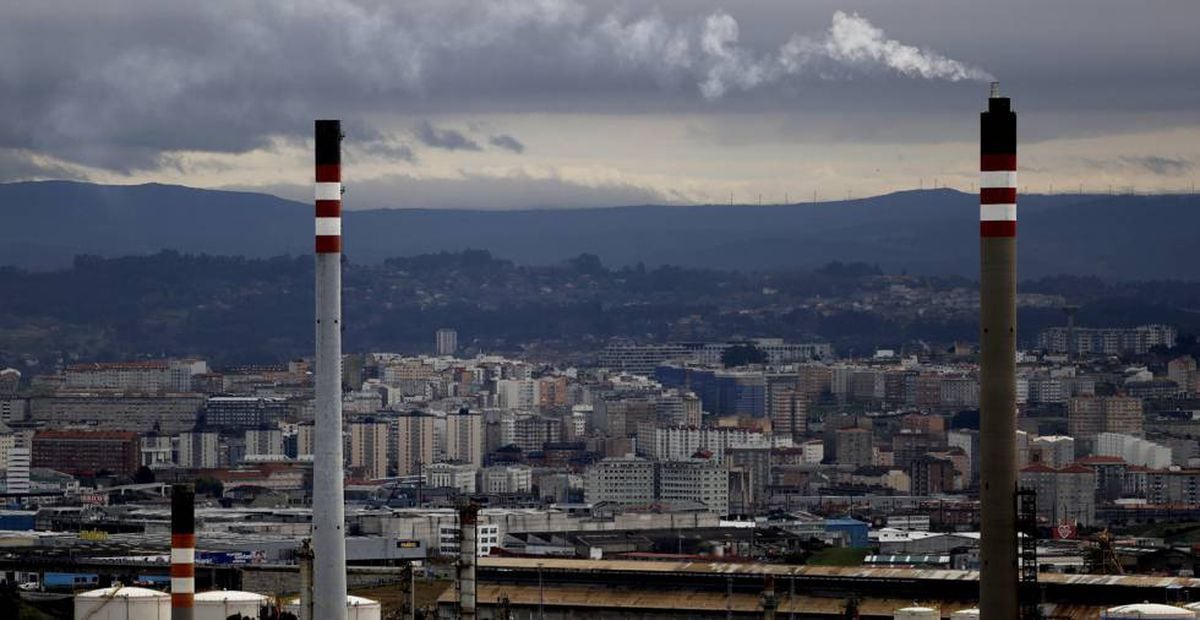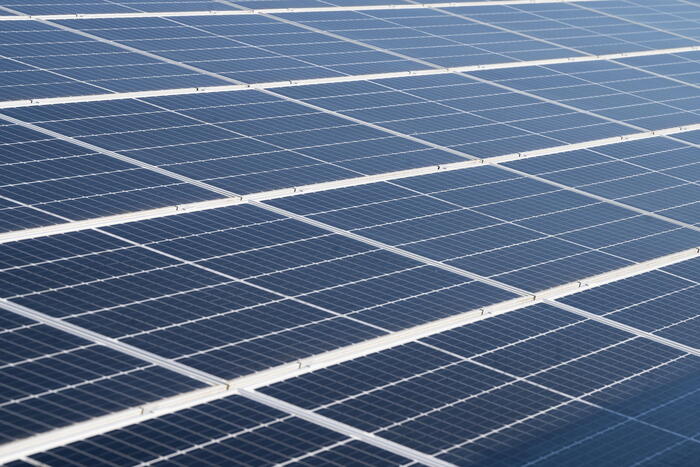Icon: enlarge
Airplane in Frankfurt am Main: So far, only Corona has been able to stop the annual growth in air traffic.
Photo: Frank Rumpenhorst / dpa
Hardly any other industry can boast such proud growth in CO2 emissions as aviation - and that in the midst of the climate crisis.
In 2019 there was a record high of 47 million flights worldwide - in 2014 it was ten million fewer.
The corona break also does little to change this trend.
States and airlines have therefore committed to more climate protection: Emissions must be reduced, even when flying.
The international civil aviation association Icao has decided on the "Corsia Mechanism" for this purpose.
It stipulates that the aviation industry may only grow "neutrally" from 2020 - based on the pre-Corona year 2019. Each additional ton of CO₂ should then be offset by purchasing CO₂ certificates from climate protection projects or by using more climate-friendly fuels.
The pilot phase is currently beginning, and climate-neutral growth will not be mandatory for everyone until 2027.
But even before things really start, there is sharp criticism of the construction.
"It is unlikely that Corsia will change anything fundamentally in the direct impact of air traffic on the climate," predicts an as yet unpublished study by the EU Commission.
It is not to be expected that this would give airlines a sufficient incentive for CO2 savings.
In addition, Corsia is not compatible with the goals of climate neutrality by 2050 - since it is only about growth, not about saving overall emissions.
The study was held back by the EU Commission for months.
One reason is certainly the harshness of the criticism.
Because Corsia should actually complement the climate protection of European air traffic.
But it is hardly possible to formulate the skepticism of Icao's climate protection model more clearly.
The study particularly criticizes the lax rules for CO2 certificates that airlines can buy from this year.
Because the idea behind the Corsia program is not that fewer planes take off or that less kerosene is used in the first step.
Rather, it is about airlines buying themselves free of their own CO2 debt.
For this, the airlines purchase CO2 credits on the stock exchange that come from climate protection projects in developing countries, for example from reforestation projects.
The danger of double counting
But that is exactly the catch, write the authors of the EU study: "It cannot be guaranteed that the CO2 credits really correspond to the real emission savings".
There are many reasons for this: Often it is no longer possible to trace the exact amount of emissions saved.
"It is almost impossible to check whether offsetting projects result in an additional reduction in CO2 or whether they would have been taken by the countries as part of climate protection policy anyway," explains Jekaterina Boening from the Brussels traffic think tank T&E in an interview with SPIEGEL.
With offsetting, emissions are outsourced and offset with CO2 savings in climate protection projects - mostly in developing countries.
This so-called "double counting" is particularly problematic as it could undermine international climate targets, the study also states.
For example, an entrepreneur in Brazil could generate CO2 credits from the reforestation of cleared rainforests and then sell them to Lufthansa.
At the same time, however, the Brazilian government also credits the CO2 savings - although the amount was only saved once.
A shaky forecast
Another weakness of Corsia is that nobody knows which projects really have a lasting climate benefit.
"Who can guarantee that a reforestation project will continue to exist in ten years?" Asks T&E expert Boening.
The danger: The forest can burn down or the area can be sold and cut down.
But the CO2 credit has long been sold and the airline has emitted the emissions anyway.
"Forest projects only have to ensure that the forest actually remains standing for over 20 years," commented Lambert Schneider from the Freiburg Oeko-Institut to SPIEGEL.
"The system would have to be fundamentally reformed in order to make a real contribution to climate protection."
The study clearly shows that the EU should by no means rely on Corsia when it comes to reducing CO2 in air traffic, says transport expert Boening.
"This international agreement is nothing more than an alibi measure that obviously cannot have a positive impact on the climate."
Millions of greenwashing?
Should Corsia really be that ineffective, it would have massive consequences for international climate policy and the achievement of climate targets: The market is to grow from two million certificates traded in the pilot phase to up to 900 million credits per year for the aviation industry alone.
Aviation is responsible for around three percent of global emissions - and the trend is rising.
However, experts estimate that the contribution of air traffic to global warming is at least twice as high because, for example, nitrogen oxide emissions in contrails have an additional effect on the climate.
In the EU, there is already an emissions trading system that is intended to cap the airlines' CO2 emissions in the long term.
So far, however, it has hardly had any effects.
There are also more and more flights in Europe - the corona pandemic is an exception.
The reason: In emissions trading, companies need an authorization for every tonne of CO₂ emitted.
So far, they have received 85 percent of it free of charge.
This amount is expected to decrease gradually over the next few years.
Then companies will have to buy more CO2 certificates or reduce their emissions accordingly.
Climate expert Schneider still considers the EU emissions trading system to be much more effective than Corsia: "However, the airlines should no longer get their emission rights for free, but buy them from the state," said Schneider.
In addition, the subsidization of air traffic through the current tax exemptions must be ended.
"There is no apparent reason why international air traffic should continue to be exempt from VAT and kerosene taxes," said Schneider.
Only with such clear price signals could incentives be created so that alternatives to climate-damaging aviation kerosene such as synthetic fuels based on hydrogen would finally become attractive.
Icon: The mirror









